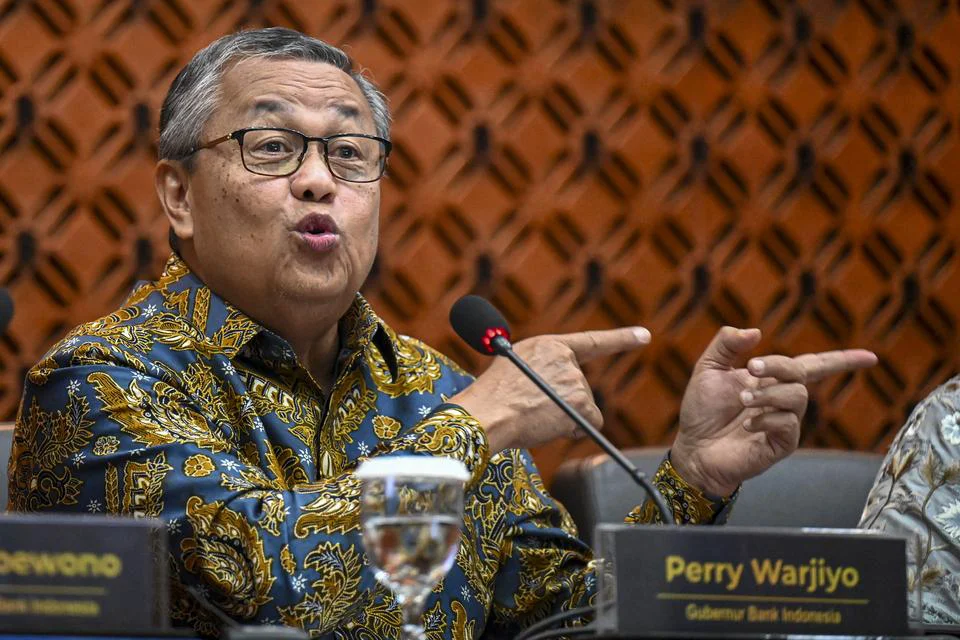Indonesian BI Governor Criticizes CEPA as a Solution for US Trade Wars
JAKARTA, RAKYAT NEWS – Bank Indonesia (BI) Governor Perry Warjiyo has voiced skepticism about the effectiveness of Comprehensive Economic Partnership Agreements (CEPA) in addressing trade wars anticipated under the presidency of Donald Trump.
He argues that direct bilateral deals with the United States would be a more suitable strategy. Perry suggests that Trump’s “America First” stance will lead to a preference for bilateral agreements over multilateral or comprehensive trade deals.
Speaking at the KAFEGAMA Seminar in Jakarta, Perry highlighted that Trump’s administration is likely to impose higher tariffs on countries with significant trade surpluses with the US, including Canada. “Dealing with the US requires direct negotiations, not through the WTO or CEPA,” Perry emphasized. He believes that multilateral agreements, such as CEPA, may not align with Trump’s trade policies.
Perry also pointed out that the US aims to achieve economic growth by increasing exports while reducing imports. He stated that Indonesia must focus on enhancing its exports to the US, even if it means maintaining a trade deficit. “As long as our exports grow, our economy will improve—even if the trade balance remains negative,” Perry said.
In contrast, Trade Minister Budi Santoso has expressed optimism about the role of CEPA in navigating Trump’s protectionist policies. He specifically pointed to the Indonesia-Canada CEPA (ICA-CEPA) as an opportunity for Indonesian products to enter North America, including the US, more easily. Budi emphasized that ICA-CEPA could act as a gateway for local goods to penetrate the US market despite the challenges posed by Trump’s policies.



























Tinggalkan Balasan